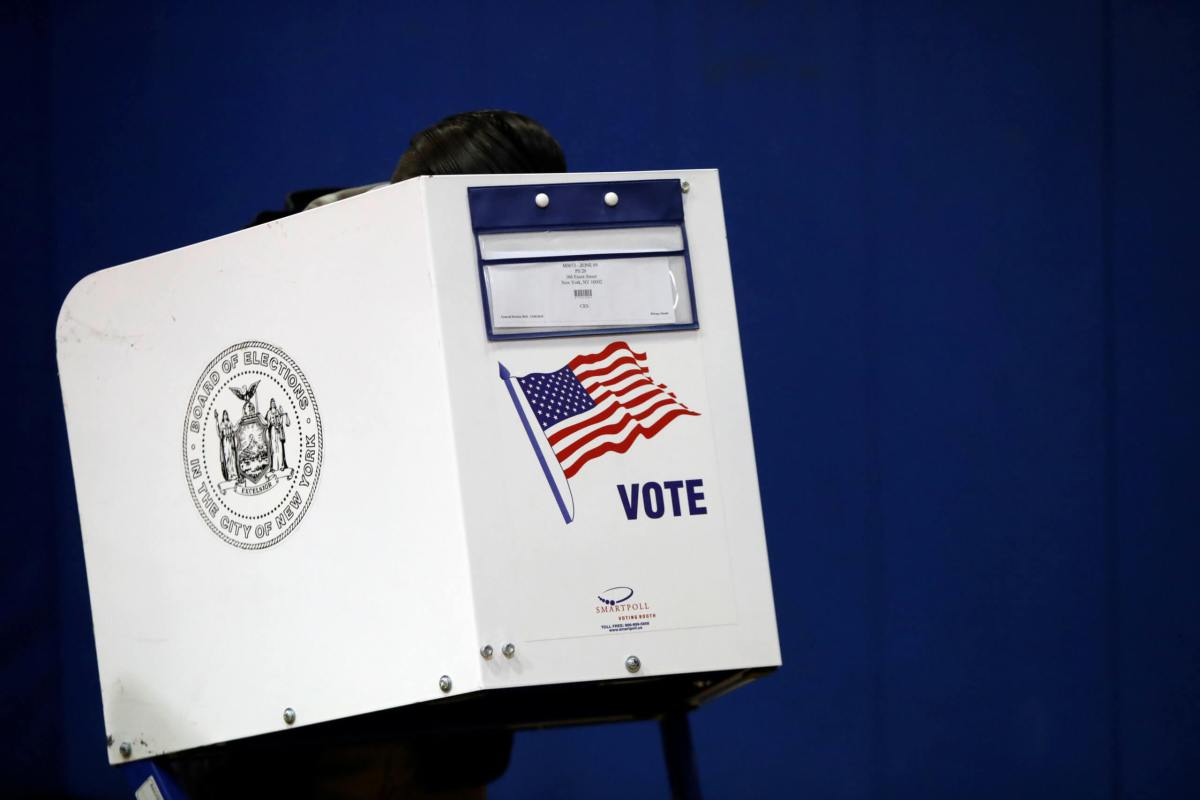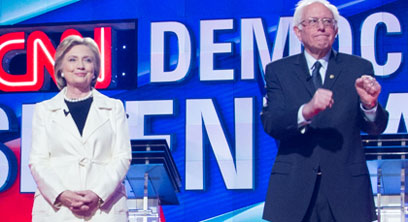Early voting has started, and we brace for the eventual results of the 2020 election. From the day this is published (Friday, Oct. 30,) through Tuesday, Nov. 3, many people are going to continue to tell each other to “Vote!” The early voting totals indicate folks are eager to, and it’s great to see.
Unfortunately, here in New York City, it largely doesn’t matter.
Why doesn’t it matter? It’s twofold. Due to local partisanship, all but three area elections are non-competitive. The competitive races are the 11th Congressional, 22nd State Senate, and 64th Assembly districts. Speaking of partisanship in each of those races, I strongly recommend voting for the Democrat. Every other election was determined back in June during the Democratic Primary.
You might have heard we have other elections, such as the one for president. But, thanks to the Electoral College valuing land and livestock more than people and population, the length of the lines that are reported on nonstop will not be more than a talking point for bragging rights.
Over the next few weeks, you’re likely to hear folks from low population states, especially Republicans, regardless of whether Joe Biden wins it, defending the Electoral College. They will say things like moving to a National Popular Vote would make candidates only focus on highly populous states and that New York and California and “those people” will have too much power.
Maybe that’s the case in a parallel universe. In this one, we have a system in which the majority is entirely ignored and even mocked in campaigns and governance. Needed relief from COVID-19 and wildfires goes begging.
This is all a result of practicing practical politics in our current system. Why is it practical? Whether you win by millions or one vote, the electoral votes remain the same. Ironically, the Electoral College also disincentivizes those inclined to vote for Donald Trump in the reddest (think Wyoming) and bluest (think Brooklyn) of places.
So what can you do? Well, if you like not having a say, you can sit on your hands. However, if reading this makes you realize (or reinforces) a need for change, the first thing you should do is look to get involved with organizations looking to end the Electoral College. If we move to national popular vote, we’ll take another step towards including everyone in our democratic republic.
As much as I love the National Popular Vote, it won’t be implemented before this election, if ever. So, let’s take someone reading this while waiting in line at the Park Slope Armory. What can they do starting today? Before you do anything else, regardless of ideology, unless you live in one of those three competitive districts cited earlier, make sure you are registered as a member of the Democratic Party. If you’re already registered as a Democrat, start getting focused on the 2021 Primary elections.
In recognition of the single party proclivities of our city, if you want to increase the odds of having meaningful input in to your choices for mayor, comptroller, public advocate, borough president and city councilmember from Jan. 1, 2022 until at least Dec. 21, 2025, register as a Democrat and vote in the primary. That will matter.
Mike Racioppo is the District Manager of Brooklyn’s Community Board 6 and has been an adjunct professor at Brooklyn College. Follow him on Twitter @RacioppoMike.























